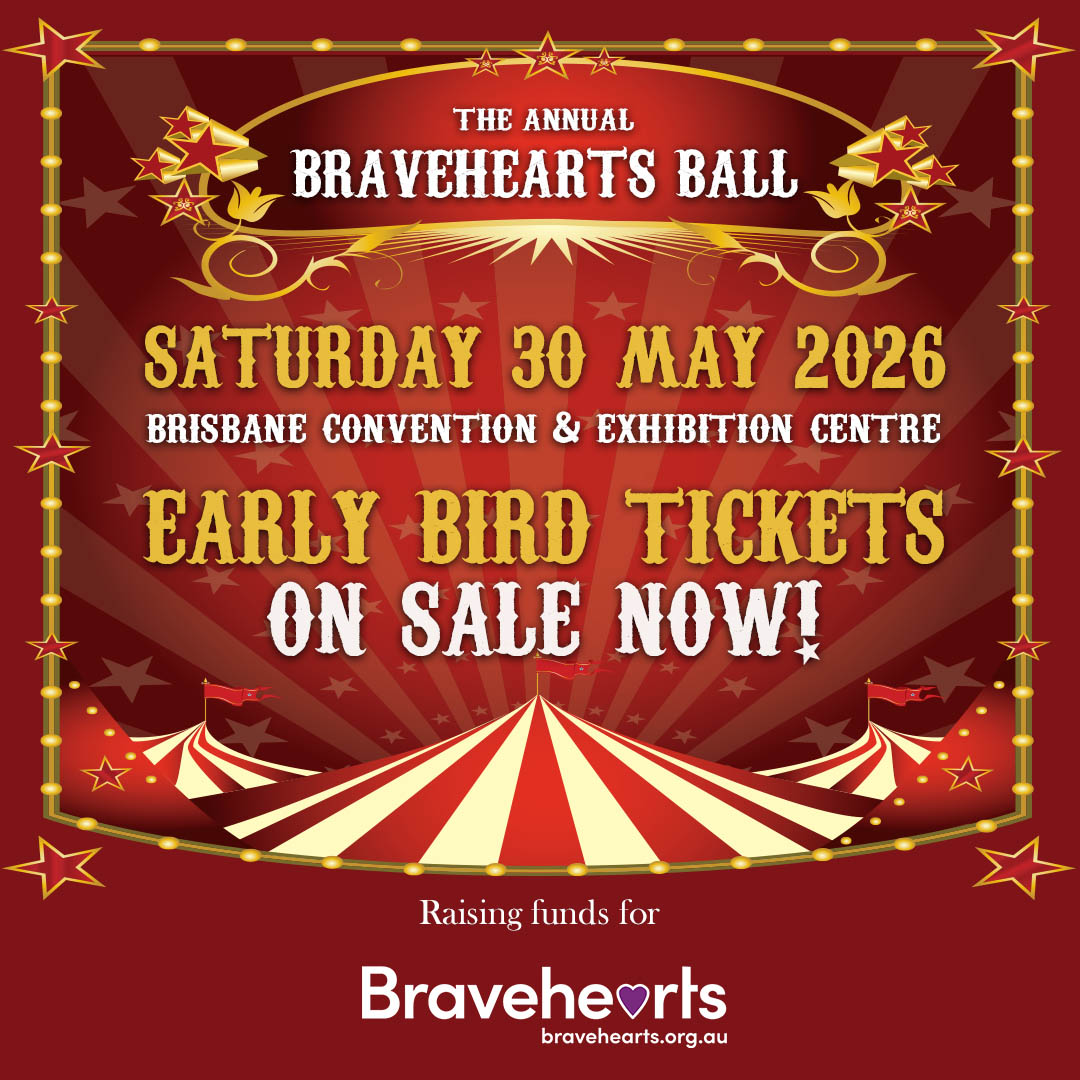Category
Helpful Links
- Home > Latest News > Recognising healthy sexual development in children
A concern that frequently comes up from parents and caregivers about development in children is how to tell the difference between normal and problematic sexualised behaviours in their children.
Sexual development varies so much between the different age groups, so it’s difficult to outline a comprehensive list of ‘appropriate’ and ‘inappropriate’ behaviours. Rather, in this article, Kathleen Chalmer (Therapeutic Team Coordinator), one of our qualified counsellors, gives advice for parents and caregivers to help them recognise healthy sexual development in children:
1 – Normal sexual behaviour is age-appropriate
Remember, your child is not a sexual offender when they behave sexually. They are a child trying to meet a need with their limited problem-solving capacity.
Some of the common needs that are unmet include soothing, closeness, stimulation, and lack of socialising skills and to feel good. Normal sexual behaviour is age-appropriate, and a mutual experience with exploration of self and or the other (for example, young children asking to see each other’s private parts).
2 – There are no power imbalances with normal sexual behaviour
Children normally do sexual exploration with either siblings or children of the same age. No huge age disparity is present in normal sexual exploration. Open, light-hearted exploration where neither child is feeling discomfort with the behaviour is normal. So, if you are hearing giggling from both children then it may be OK, and normal exploration.
related content: what is grooming?
It shifts to harmful when threats, coercion and manipulation are present. While there is no inherent imbalance in power when sexual behaviour happens between similar ages and ability, when the power shifts with differences in age, and ability, or when one child is in more control of the situation than the other, the behaviour has become problematic.
3 – Normal sexual behaviour is easily redirected and not a frequent occurrence
If the behaviour is a one-off, ad hoc and not the main focus for the child, this could be inappropriate but it’s not problematic. When the behaviour becomes intermittent, and increases in frequency, this is problematic.
Sexual behaviour that is easily redirected may not be problematic. However, it is problematic when the behaviour is more difficult to redirect. For example, a child putting their hands down their pants, and easily redirected or a child always putting their hands down their pants all the time despite efforts to redirect their behaviour and attention.
4 – What to do if you think your child’s sexual behaviours are inappropriate or problematic
Your reaction as parents or caregivers to your child’s inappropriate behaviour needs to show gentle concern about what needs the child may have, be supportive and redirecting of the child. Denial, minimisation, shaming, threatening, rejecting or punishing the child does not assist to stop the behaviour, in fact, it can make the behaviour worse.
Different reactions are needed depending on the behaviour. If it is a one-off or ad hoc, then simple redirection and education are important.
related content: teaching children and young people about personal safety
If you think the behaviour is problematic, then there needs to be consideration of what needs the child is trying to meet, and adjustments made in their environment to assist change of behaviour. Some adjustments that parents can make if a child is needing closeness include, reading and spending calm, loving, quality time with the child at bedtime and during the day.
Here are some tips on how to talk to your child about sexual behaviours that you think are inappropriate or problematic and how to redirect these behaviours:
- Avoid shaming and negative comments: Never make the child feel shameful about their behaviours. Negative comments such as, “That is disgusting” or “Don’t be a dirty boy/girl” are not helpful.
- Help the child understand their behaviour: Help the child understand why they are engaging in the behaviour. For example, asking questions like, “What made you do that?” or “How were you feeling before you did that?”
- Help the child identify warning signs: Help the child understand what may be the triggers for their behaviour. For example, do they start to feel scared or unsafe? Do they feel angry? Sad?
- Make a management plan: Collaborate with the child to come up with a plan of how they can let you know when they start to feel their warning signs, so that you can help them express how they’re feeling in a more appropriate way. It can be helpful for them to have a word or sign they use to let you know when they feel triggered. This plan can also be implemented with their teacher at school.
- Talk about the behaviour: Talking about the behaviour in this way and collaborating with the child to come up with a plan can help take away some of the shame and secrecy of the behaviour for the child.
- Identify and acknowledge inappropriate behaviour: If you see them engaging in problematic or inappropriate behaviours, let the child know that their behaviour is not appropriate and tell them why. For example, telling the child gently but firmly that it is not ok for them to touch their friend’s private parts, and explain that this may be making their friend feel bad.
- Identify an alternative way to express feelings: Help the child identify another way to express their feelings. For example, cuddling a toy, drawing/colouring, kicking a ball outside, etc.
- Remind the child of public vs private spaces: If a child is masturbating in public, you can gently remind them that this is something they can do privately in their room, and not in front of other people.
- Give positive praise: It can be helpful to acknowledge and praise the child when they are not engaging in the problematic or inappropriate behaviours. Also, asking the child how they managed not to do the behaviour for a period of time may assist in helping the child recognise what they could do in the future.
The most important thing to remember is that there are many reasons why children act out sexually, your child is not a sexual offender for exhibiting sexual behaviour. When it comes to development in children, there are different sexual behaviours appropriate throughout the age groups.
If you are concerned about your child’s behaviour, or you need support, you can contact the Bravehearts Support and Information Line on 1800 272 831 between 8:30am – 4:30pm, Monday to Friday.
 BACK
BACK

